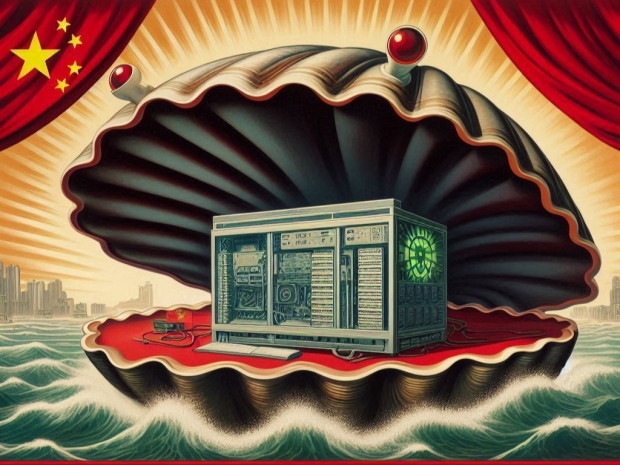According to the Wall Street Journal , as the UShas attempted to impede China's technological progress, Chinese scientists have become more secretive and have ceased participating in a significant international supercomputing forum. This withdrawal has ended an era and created a divide that Western scientists believe will slow the development of AI and other technologies as countries pursue separate projects.
The new secrecy also complicates the US government's efforts to determine whether the USor China has faster supercomputers. Some academics have taken it upon themselves to investigate China's supercomputing progress by scrutinising research papers and questioning Chinese peers at conferences. Supercomputers are central to the US-China technological Cold War because the country with the faster supercomputers can gain an advantage in developing nuclear weapons and other military technology.
Rand Corp senior adviser Jimmy Goodrich said: “If the other guy can use a supercomputer to simulate and develop a fighter jet or weapon 20 per cent or even 1 per cent better than yours in terms of range, speed and accuracy, it’s going to target you first, and then it’s checkmate.”
The forum China recently stopped participating in is the Top500, which ranks the world's 500 fastest supercomputers. Although the latest ranking, released in June, lists the world's three fastest computers as being in the US, the reality may be different.
Top500 co-founder Jack Dongarra said: “The Chinese have faster machines. They just haven’t submitted the results.”
Thousands of advanced computer chips power today's fastest supercomputers. A 2015 US move restricted Chinese supercomputer developers' access to Intel chips and other US hardware, followed by broader export restrictions under the Trump administration and further tightening by the Biden administration.
Dongarra and analysts who study China believe Beijing is concerned that the US might impose additional restrictions if China boasts about its supercomputing capabilities.
They suggest that without leading-edge chips, many of which are made by Silicon Valley leader Nvidia, China would struggle to maintain its lead in supercomputing. Without these chips, China would have to use a brute-force approach by linking hundreds of thousands of older-generation chips that consume more power.
In 2019, the US Commerce Department blacklisted five Chinese supercomputing organisations, citing their use of supercomputers for military and nuclear purposes. The sanctions prohibited US companies from selling components to these organisations without a license.
Dongarra said this was a significant turning point and participation in the list dwindled. When he asked Chinese colleagues why, they said they couldn't submit information. Chinese scientists also reduced the data they shared in other scientific forums.
Chinese government agencies have led supercomputer development, with relatively few commercially operated machines. These government bodies have highlighted how the latest Chinese models use domestically produced processors now that those from Intel and other US companies are less accessible.

